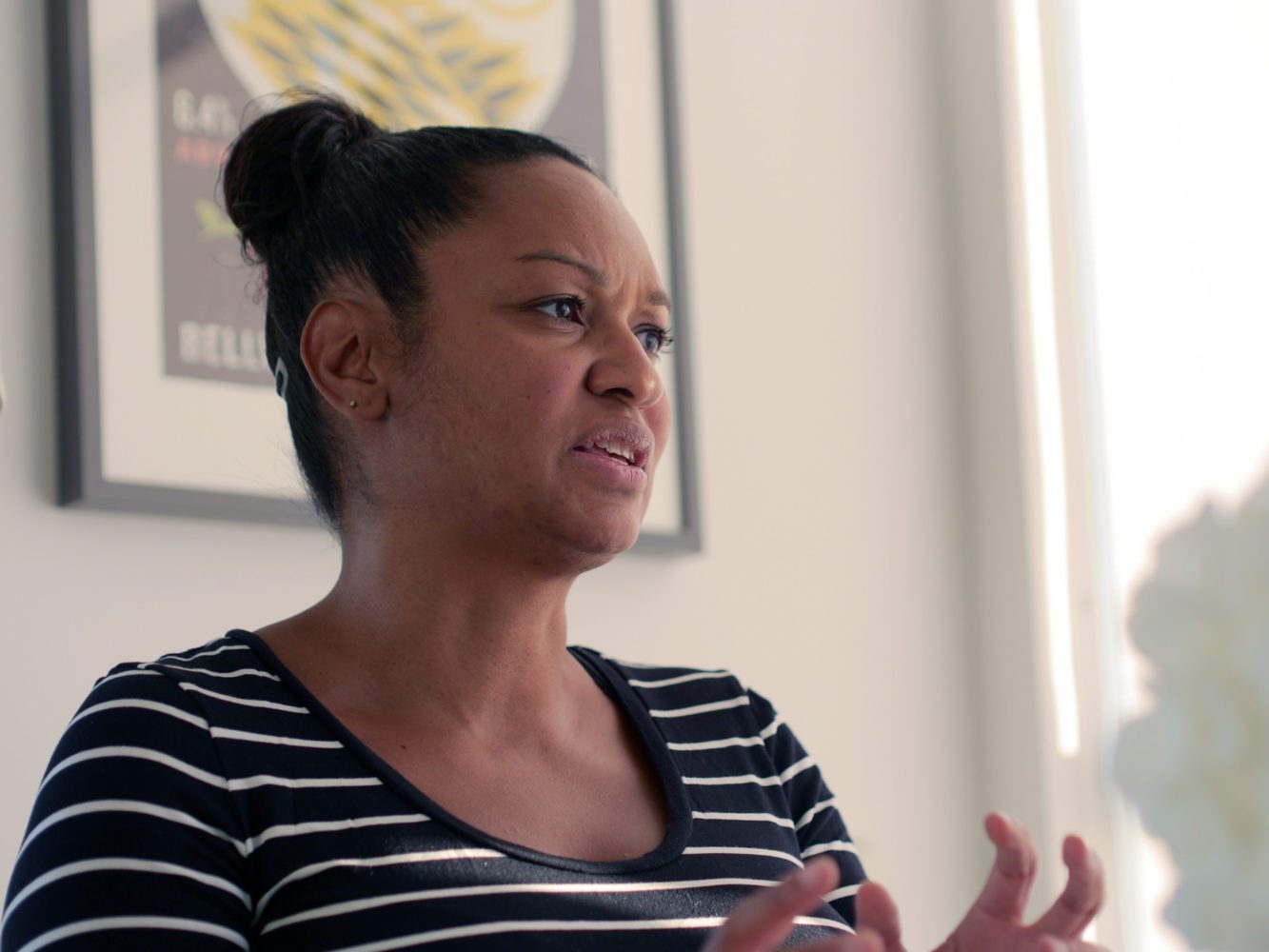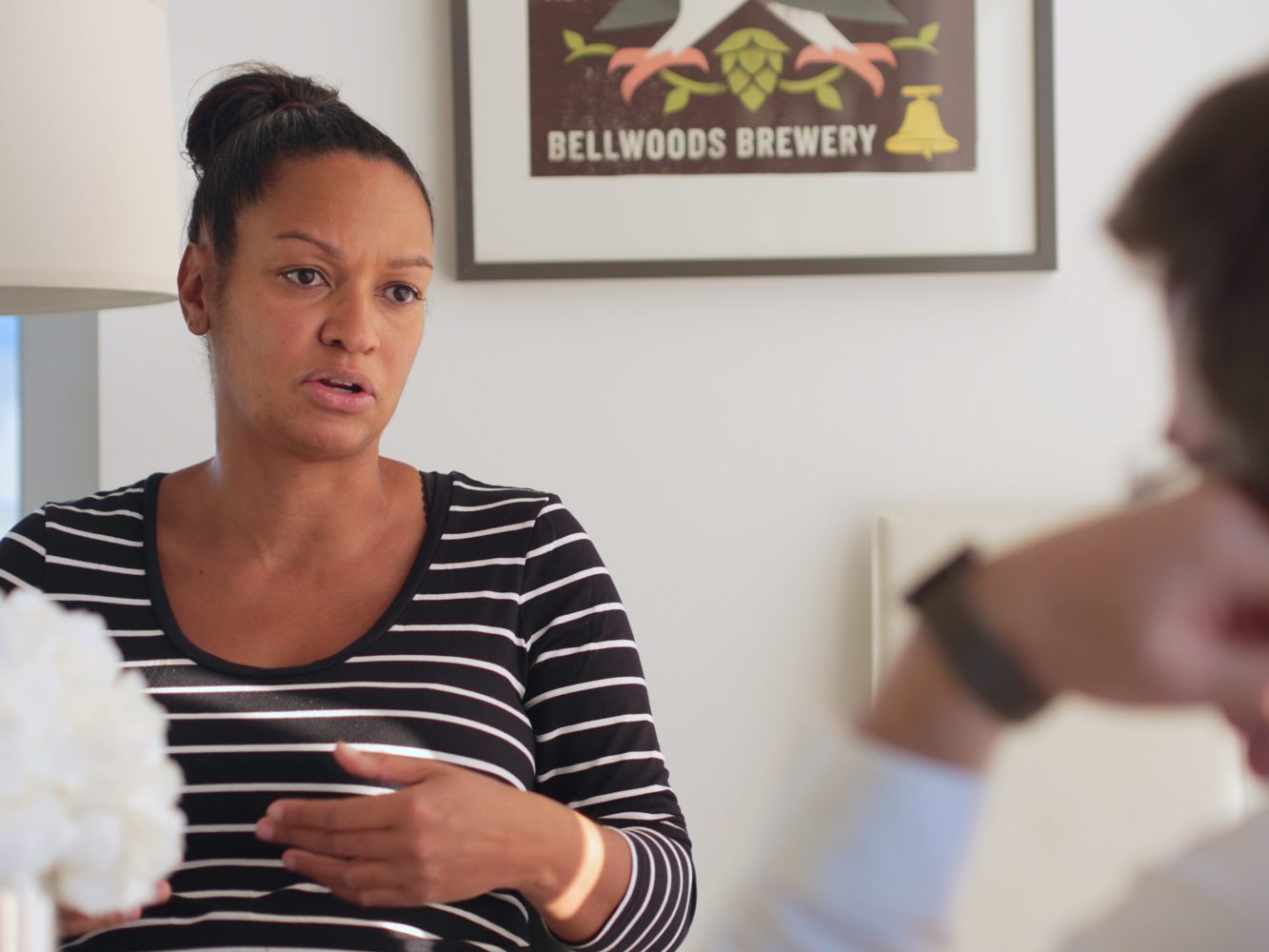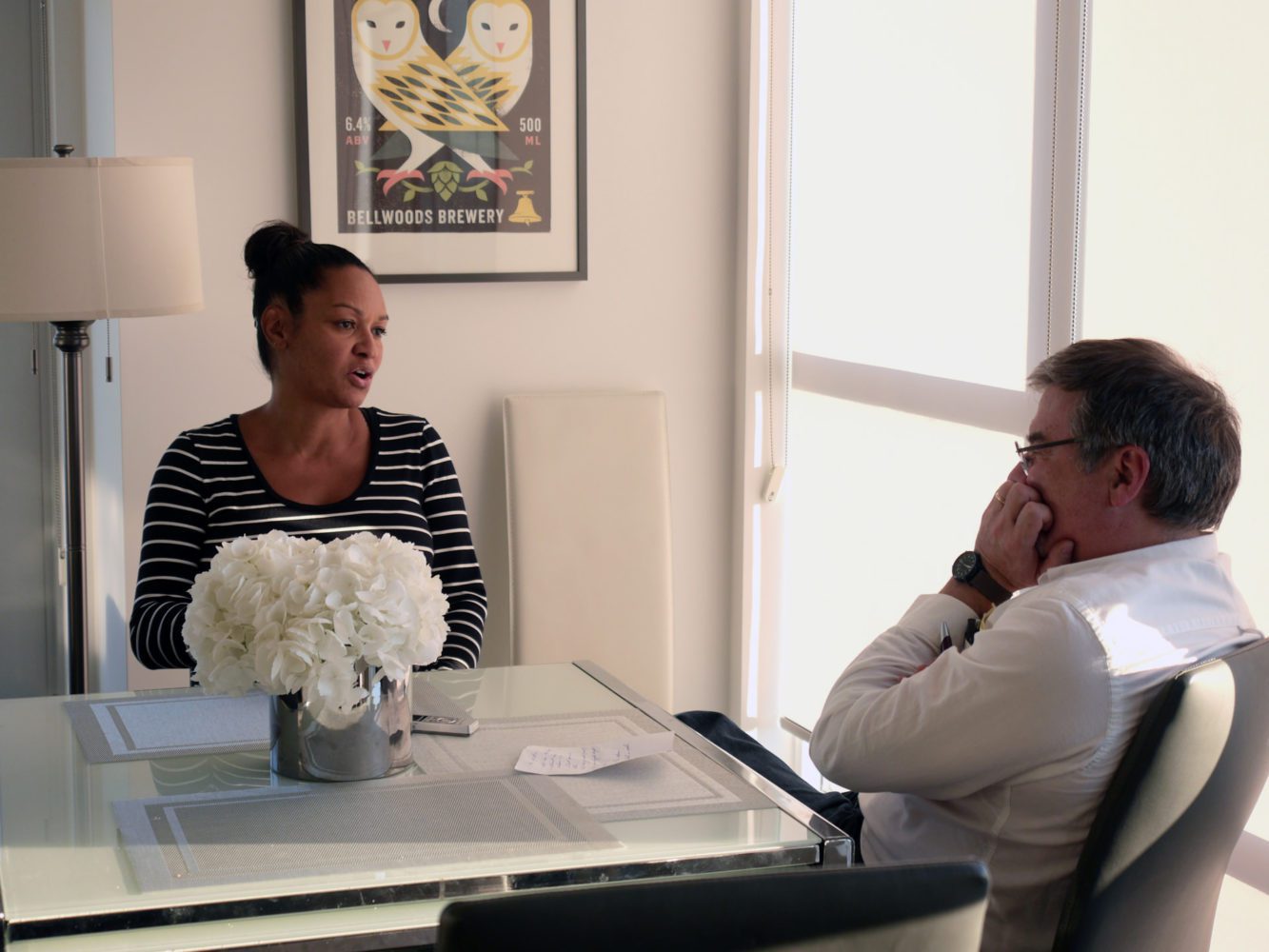“What do you like about being a midwife?”
There are lots of areas in health care where we focus on curing. But birth in somebody who is otherwise healthy is all about optimizing what her body is capable of.
“It’s about giving women the tools and the opportunity to see what they can do. And it’s really neat. In our current environment, we’re all about technology and apps and quick fixes. People just assume that the more technology that you use the better. To watch women realize what they can do if you just let them, is really satisfying.”
“I like that I get to spend enough time with people to build a relationship over the course of a pregnancy and postpartum. In the midwifery model, the patient is the client. It’s about putting her in the driver’s seat, giving her all of the information so that she can make her own decisions and giving her the choice of where she wants to have her baby. I was also attracted to the dynamic of working in different spaces, whether in the community, in the clinic, in the home, in the hospital.”

“Is there tension at your hospital between midwives and obstetricians?”
“There’s been none of that. We’ve had a really collaborative relationship from the beginning. The obstetricians recognize that there are women who want the type of care that we provide, and we’re not competing with them because the women who come to us wouldn’t want obstetrical care. And vice versa. They know that we give our patients really good care and if things go differently than we expect, we can access the obstetricians to get that higher level of care when it’s needed.”
“I think it started with the first midwife who had privileges at the hospital and the chief of obstetrics at that time. They sat down at a table as two real people and had a real conversation – in the midwife’s kitchen, ironically. And they got to know each other, and established that, ‘Okay, we’re going to give each other mutual trust and respect, give each other the benefit of the doubt and assume the best of each other when we’re working together.’
“Over time, other programs came into play. Nurses, doctors, midwives, all sat together around tables and learned the same curriculum. We did things like emergency drills and mock deliveries together. When you spend time with each other outside of a purely clinical situation, you get to know each other as people. It really shifts the dynamic of how you interact with each other.”

For years, midwifery was such a grassroots, women-centered profession that we didn’t necessarily do the academic work and the research to prove that what we were doing was meaningful.
“What I’ve learned from doing my master’s degree in Quality Improvement is how important it is to have that evidence. In other health care disciplines, I saw a push to have more robust data around their normal day to day practices. Sometimes, they would evaluate simple practices, even if it was just ‘Let’s test if doing our appointment booking this way versus that way is more effective.’ Then they’re able to say, ‘Oh, look, we’ve got 15 papers saying that this actually makes a difference.’ In midwifery, we’d been doing the work but haven’t had the same academic approach to evaluating our practices. I’ve realized that it’s so important to first measure the problem and then test a solution to see if it actually works. That kind of evidence is becoming more and more important to make change in big organizations.”

“How has your pregnancy affected your interaction with your clients?”
“The whole notion of informed choice with my clients is something I really take seriously. So, my interactions with my clients before I got pregnant were very much about, ‘It’s my job to make sure you have all of the information that you need to make the decisions that you want. I am here to empower you and help you through this process.’ I think the fact that we’re now sharing an experience puts a much more human layer on the interactions, because in addition to still making sure that I am doing that, we can commiserate about the heartburn, the sore back, or how we slept last night. The whole notion of midwifery is for it to be non-authoritarian, and this has just made it all that much more so.”

“You are on call quite a bit. How does that affect your lifestyle?”
“This is the only job I’ve ever had. So for me, this has always been normal. I think that probably has something to do with why it took me as long as it did to find a partner! But I’ve always been at the mercy of my call schedule. Getting called out of birthday parties and movie theaters and dinners has always been the way that my life is.”
The thing that I really appreciate about a life on call is you work when there’s work and when it’s busy so you’re completely immersed in what you’re doing.
“And when it’s not busy, I can have a whole Tuesday afternoon to myself to go to the mall or to the dentist or whatever. So, I don’t know any different. But yeah, it will be interesting to see what it’s like when this new little person comes along and I have somebody else’s birthday party to be missing.”


The comments section is closed.